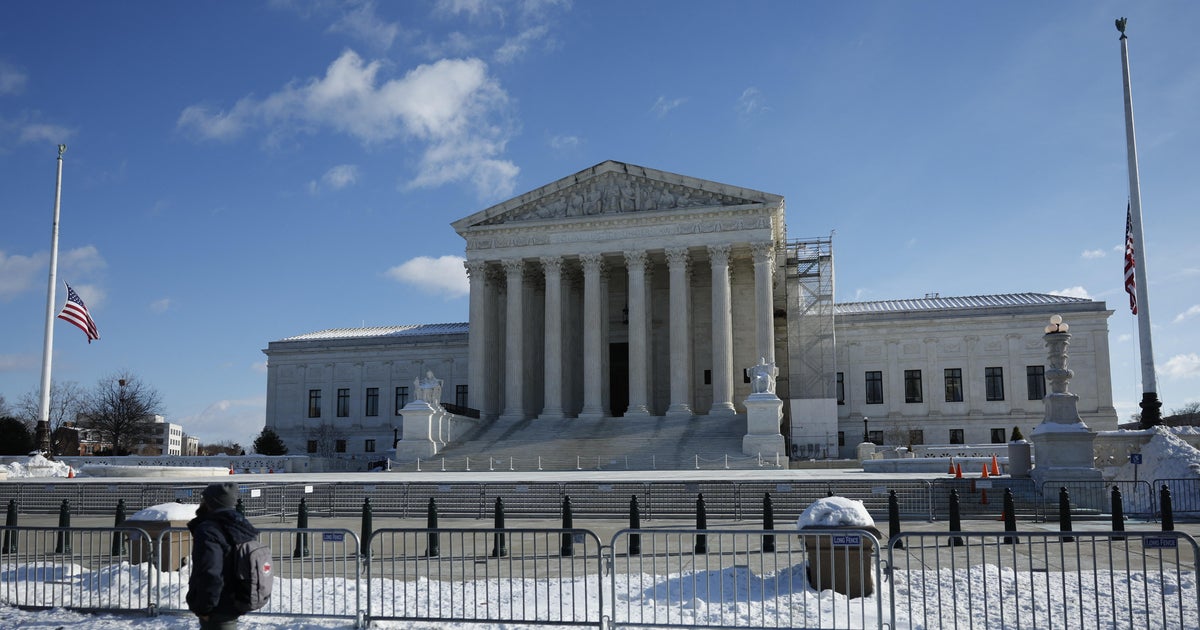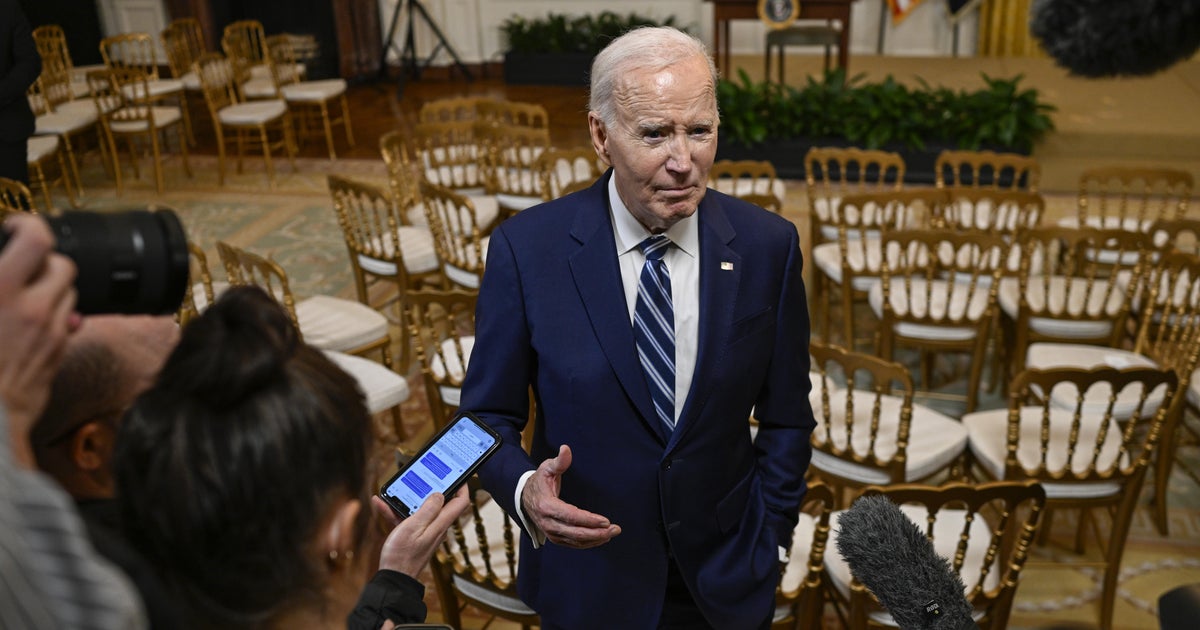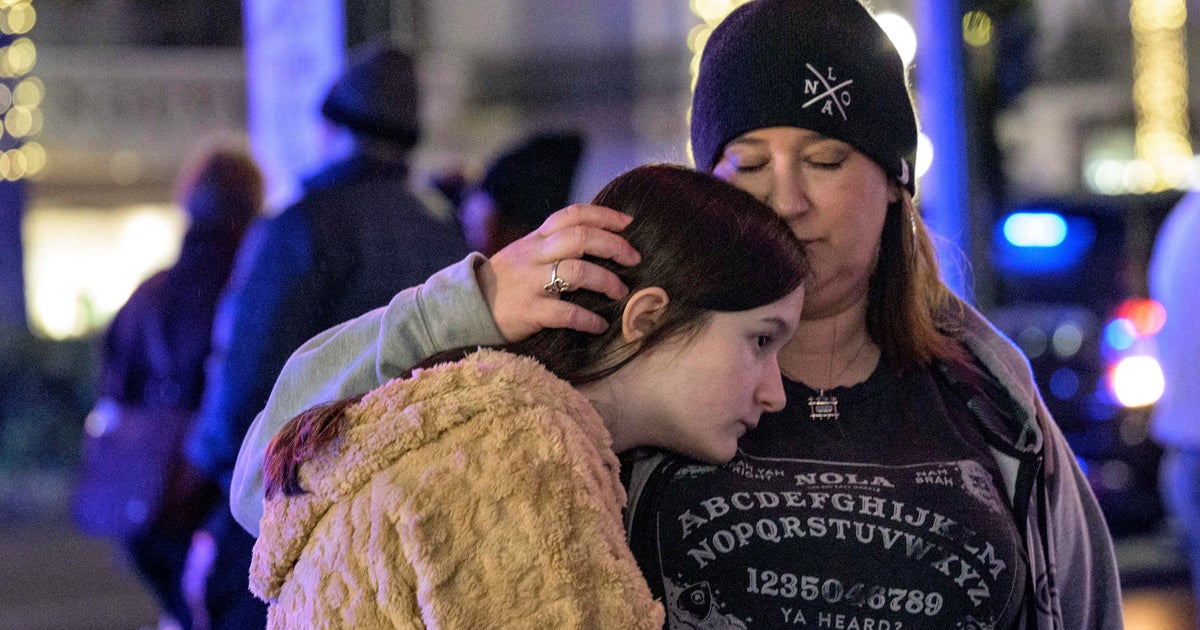What happened to Damar Hamlin? Here's what we know about the Buffalo Bills player's cardiac arrest
Buffalo Bills safety Damar Hamlin is back on the field for training to get ready for the fall season, as head coach Sean McDermott said in July he's good to go.
The 25-year-old suffered cardiac arrest in January on the field during Monday Night Football, leading to a nine-day hospital stay in Buffalo. He revealed in April a blow to the chest caused his heart to stop, a condition known as commotio cordis.
The NFL player collapsed during a game against the Cincinnati Bengals on Jan. 2. He spent the days that followed in critical condition in the intensive care unit at the hospital.
What happened in the Monday Night Football game?
With 5:58 to go in the game's first quarter, Bengals wide receiver Tee Higgins, who was running the ball, hit Hamlin, a 24-year-old safety, in the chest with his helmet during a play. Hamlin dragged Higgins down to the ground. Hamlin stood up right after — but a few seconds later, collapsed.
Medical personnel attended to Hamlin for 19 minutes on the field, The Associated Press reported, and Hamlin received both CPR and required an automated external defibrillator. CBS Sports reported he was placed on a stretcher, then put in an ambulance, where he was given oxygen, to be taken to the hospital.
The remainder of the game between the Buffalo Bills and Cincinnati Bengals was postponed.
The Bills said Hamlin had suffered cardiac arrest and his heartbeat was restored on the field, and he was transferred to the University of Cincinnati Medical Center for further testing and treatment. He was sedated and listed in critical condition, the team said.
Fans rallied outside the hospital following Hamlin's injury, and donated millions of dollars to Hamlin's effort to buy Christmas toys for children from his hometown of McKees Rocks, Pennsylvania, outside Pittsburgh.
What is commotio cordis?
Many immediately speculated he had experienced commotio cordis, which Hamlin confirmed in April. CBS News medical contributor Dr. David Agus said in January the rare condition is a heart arrhythmia that occurs when someone takes a direct hit to their chest.
Agus said approximately 30 cases of commotio cordis occur in the U.S. every year, including among Little League players who get hit in the chest with a ball.
Describing the condition as "a confusion of the heart," where the heart muscle pumps erratically, Agus said the energy of the blow interferes with the electrical signals in the heart, creating a new beat known as ventricular fibrillation — a fast, erratic heartbeat that does not pump blood into the brain. When that happens, Agus said the heart needs to be shocked back into regular rhythm.
"That's why there are defibrillators on the sidelines of games, is to be able to use them to shock the best heart back into a regular rhythm," he said.
Agus said every minute blood flow is stopped to the brain increases the potential of severe consequences — including death.
"Every minute you wait is basically 10% increase likelihood of death — so the quicker you do it, the better," he said.
There was a question of whether Hamlin suffered any injury to his brain from his heart stopping. The faster they were able to get his heart started, Agus said, the more likely it is he will recover quickly.
"People who don't even know us are showing love and support and we're so thankful for that," Dorrian Glenn, the player's uncle, said in January. "I know those prayers are helping because he's definitely recovering. ... God got a mission for him and that's why he's still here."
How is Damar Hamlin's recovery progressing?
Hamlin had said in February his goal was to return to NFL play, and he was cleared to rejoin practices in April, which is when began working out at the team's facility. Bills general manager Brandon Beane said in April he was "fully cleared" to rejoin the team. "He's in a great headspace to come back and make his return," Beane said.
He was back on the field with the team for drills and stretching during voluntary practices in May, before fully rejoining practice.
"He's worked really hard on the mental side of this. Physically, he's all cleared. But this is a real deal from a mental standpoint after you've been to where he was," Beane said in early June, according to The Associated Press. "We'll continue to ramp him up with helmets on, but that'll probably be the next big hurdle for him, tackling."
"He's still got more milestones to hit. But to think back, we're just at the beginning of June, and that was the beginning of January, and we were just hoping he'd live," Beane said. "Now he's not only got a normal life, but we're talking about playing not just any football, but NFL football."
Bills head coach McDermott said in late July that the 25-year-old would "be a full go" at the team's training camp at St. John Fisher University, according to a message by the team shared on Twitter.



